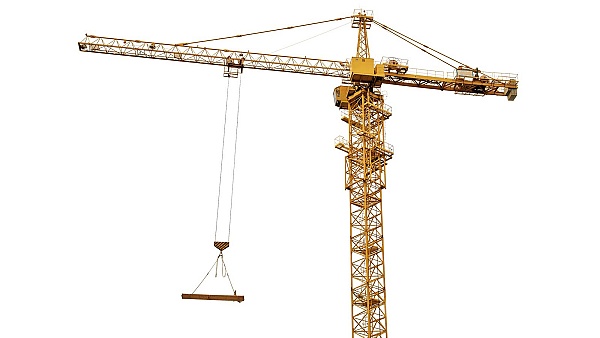
When exploring the viability of a project, developers should understand their insurable exposures, how to manage that risk and the potential budget costs.
Typical insurance coverages for Construction include but are not limited to:
Business Interruption
Evaluating the business income loss exposure requires an understanding of how business income losses are measured, how a business interruption affects expenses and the property and perils that business income losses can involve.
Workers Compensation & Employers Liability
Workers Compensation statutes obligate Hawaii employers, regardless of fault, to pay specific medical, disability, rehabilitation, and death benefits for their employees’ job-related injuries and diseases.
Commercial Auto
Almost every organization has auto exposures, even those that do not own any automobiles. The most commonly used form for insuring commercial autos, the Business Auto Coverage Form, covers auto liability, physical damage and no-fault exposures.
Commercial General Liability (CGL)
Commercial General Liability (CGL) insurance covers many of the common liability loss exposures faced by an organization, including its premises, operations, and products.
Commercial Property
Whether it is the computers, office furniture, fixtures, equipment, records and office supplies of your small business; the complex machinery of an automated manufacturer; or the office and apartment buildings owned by a large real estate developer, all commercial enterprises use at least some tangible property that is exposed to loss.
Performance Bonds
Guarantee that the contractor will complete the contract in accordance to the contract terms and conditions, for the amount agreed upon and in the time specified. Labor and Material Payment Bonds guarantee that the contractor will pay subcontractors and suppliers for all labor and materials as listed in the contract.
Commercial Umbrella
Commercial Umbrella coverage provides liability coverage that supplements the limits of an insured's General Liability, Automobile Liability and Employers Liability policies.
Directors & Officers Liability
Directors & Officers Liability coverage insures corporate directors and officers against claims, usually brought by stockholders, alleging loss due to mismanagement.
Employment-Related Practices Liability
Employment-Related Practices coverage is available for the legal costs to defend claims against sexual harassment, wrongful termination and discrimination, and the actual legal liability for such acts.
Flood
Flooding is a relatively common and costly natural disaster here in Hawaii, particularly in areas near streams, rivers and beaches. Flood water can destroy walls, floors, equipment, supplies, files and much more.
Professional Liability
In today’s insurance marketplace, Professional Liability can be more broadly defined as insurance that covers persons engaged in various occupations against liability resulting from their rendering or failing to render professional services.
Temporary Disability Income (TDI)
The Hawaii Temporary Disability Income (TDI) law was enacted in 1969 and requires employers to provide partial wage replacement insurance coverage to their eligible employees for non-work-related sickness or injury (including pregnancy).
Wrap-Ups
In cases of large construction projects, the interests of the owner, the general contractor, the construction manager, architects, engineers, subcontractors and sub-subcontractors are combined for insurance purposes. A wrap-up insurance program can be controlled by either the project owner or the general contractor. The agents and brokers of beneficiary contractors serve their insureds by modifying their general liability and workers compensation insurance to exclude coverage for the designated project. With large projects, it is important to pay attention to the adequacy of insurance limits.
Builders Risk Policy
A property insurance policy that is designed to cover property in the course of construction. There is no single standard builders risk form; most builders risk policies are written on inland marine (rather than commercial property) forms. Coverage is usually written on an all risks basis and typically applies not only to property at the construction site, but also to property at off-site storage locations and in transit. Builders risk insurance can be written on either a completed value or a reporting form basis; in either case, the estimated completed value of the project is used as the limit of insurance.
Controlled Insurance Program
A centralized insurance program under which one party procures insurance on behalf of all (or most) parties performing work on a construction project or on a specific site. Commonly referred to as "wrap-ups," CIPs are most commonly used on single projects, but other uses include contract maintenance on a large plant or facility (see "Maintenance Wrap-Up") or on an ongoing basis for multiple construction projects (see "Rolling Wrap-Up"). Typically, the coverages provided under a CIP include builders risk (for construction wrap-ups), commercial general liability (CGL), workers compensation, and umbrella liability. CIPs offer a number of benefits, including greater control of the scope of coverage, potentially lower project insurance costs, and reduced litigation. CIPs can be purchased by the owner (OCIP) or contractor (CCIP) or a combination of participating parties.
Why Construction Insurance Is Important
Part of maintaining and growing a construction company is having the right protections in place in a field that’s inherently filled with risk. Construction sites are action-packed and filled with large machinery, creating the opportunity for human error, and unpredictable terrain. In addition to minimum insurance imposed by most states, a comprehensive insurance program and other risk management methods can help protect a contractor’s assets.
Having insurance can provide financial assurance to offset costs resulting from injuries, property damage, equipment malfunctions, and much more. The main goal of insurance we offer to construction companies is to help you retain peace of mind and safety so that you can focus on running your business the best way you know how.
Don’t wait until it’s too late to make sure you have the right coverage in place in the case of an unforeseen incident. Our coverage specialists can ensure that you are protected from everything ranging from an injury on site to damages that are inflicted to your company vehicles or machinery.
Atlas can consult with owners and developers about their individual risk management on projects big and small
Construction defect is a large exposure to any project, and insurance can be costly. To ensure the best coverage and the best pricing, the key is to get an insurance broker involved early in the process. That way, we can help integrate specific indemnity agreements and insurance requirements into contracts right at the start, saving you time and money.
For example, OPPI policies vary widely in price, coverage and self-insured retention based on the contractual agreement between developer and architect. Once a draft agreement is made available to the architect, leverage is lost to obtain terms required for favorable OPPI placement.
Atlas recommends five types of insurance every construction company should consider before beginning a new development project:
- Owner-Controlled Insurance Program (“Wrap-Up”)
- Owners Protective Professional Indemnity (“OPPI”)
- Builder’s Risk
- Environmental Insurance — Contractors Pollution Liability & Pollution Legal Liability
- Property & Liability Terrorism / Political Violence
What our clients are saying:

Haseko Homes, Executive Vice President
Haseko is a developer and builder for pine homes in the Ewa plains. Atlas has been providing us with all lines of insurance, from general liability to builder’s risk, to workers compensation. I have a lot of faith in their integrity and their abilities. They are problem solvers, they are people who stand by what they say, and they are the kind of people you can count on to be around.
Ready to take your business further?
